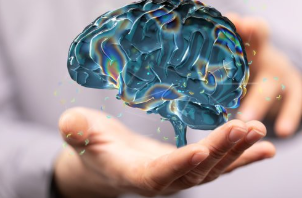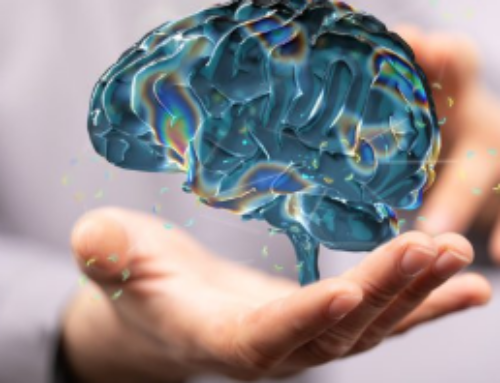Addiction recovery is a deeply personal journey filled with intense emotional challenges and the need for new ways to cope. Art therapy is a powerful tool in addiction treatment, offering individuals a safe outlet to express complex feelings and past traumas that may be hard to put into words. By focusing on creativity and self-expression, art therapy supports healing, growth, and long-term recovery, making it an especially effective approach for those who struggle to articulate their experiences.
What is Art Therapy in Addiction Recovery?
Art therapy uses creative processes to allow individuals to explore and communicate their emotions and experiences without relying solely on words. This form of expression is particularly helpful in addiction recovery, where deep-seated feelings and past traumas are often present. Through art, individuals can bridge the gap between their internal world and the outside, accessing emotions and memories that traditional talk therapy might not reach.
Core Benefits of Art Therapy in Addiction Recovery
Art therapy offers a range of benefits that are especially suited to those recovering from addiction. From emotional release to community building, here’s how art therapy can support the recovery journey:
- Nonverbal Expression: Art therapy allows people to communicate emotions like anger, sadness, and frustration without having to articulate them with conversation.
- Emotional Release: Through creative activities, individuals can safely explore and release emotions and memories tied to their addiction.
- Building Self-Esteem: Art fosters self-discovery, helping people recognize personal strengths and areas for growth.
- Coping Mechanisms: Art activities promote relaxation, mindfulness, and resilience — essential skills for handling triggers and preventing relapse.
- Community and Connection: Group art therapy fosters mutual support, encouraging individuals to share and connect with others on similar paths, which reinforces feelings of belonging and reduces isolation.
- Reflection: Contemplating their creations helps people gain a deeper understanding of their emotions and behaviors.
- Cognitive Benefits: Creative arts therapy promotes mental clarity, focus, and emotional regulation, which aids in handling stressful situations more effectively.
Methods of Art Therapy
There’s no right or wrong way to create art — any form of creative expression can be valuable. Choosing a medium may feel overwhelming, but there are many accessible ways to start exploring your creativity right now. Here are several different mediums you can consider:
- Visual Arts: Painting, drawing, sculpting, and collage-making.
- Expressive Writing: Poetry and creative storytelling.
- Movement-Based Expression: Dance, music, drama, and role-playing.
These activities don’t have to be confined to one approach. Feel free to combine them or try different ones to see what resonates. You might be surprised by how an unexpected form of expression can unlock something powerful within you, leading to dramatic and positive change
The Power of Creative Arts Therapy in Addiction Recovery
Art therapy provides a constructive outlet, helping individuals process their experiences in a supportive, empowering environment. By fostering self-reflection, emotional regulation, and community connection, creative arts therapy significantly enhances the healing journey. The combination of self-expression and therapeutic support helps individuals in recovery rediscover their inner strength, enabling lasting positive changes in their lives.
If you or a loved one are struggling with addiction or co-occurring disorders, call the New England Recovery Center today at 1-877-MyRehab.










